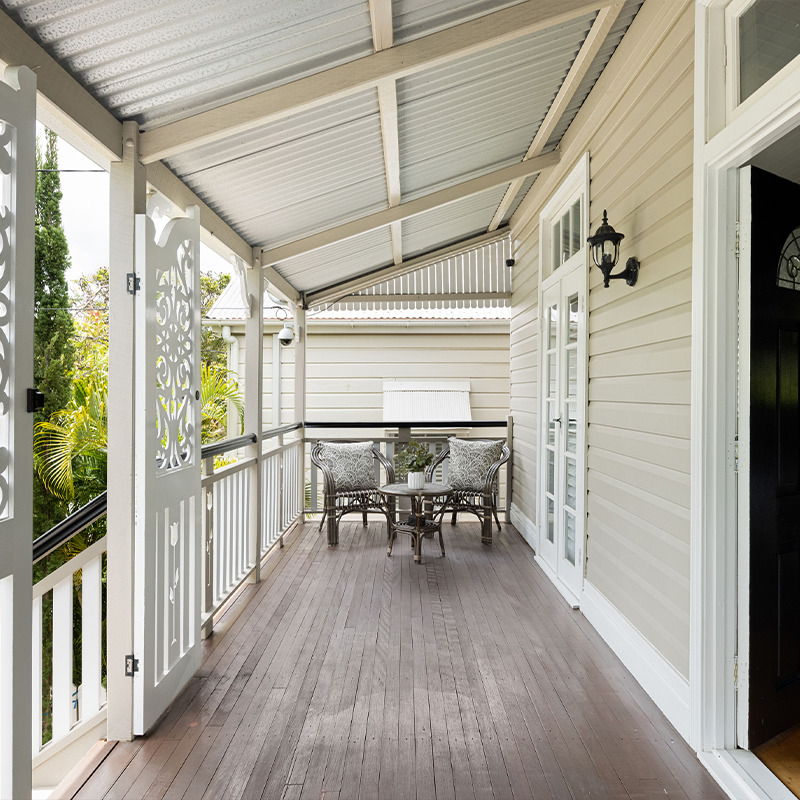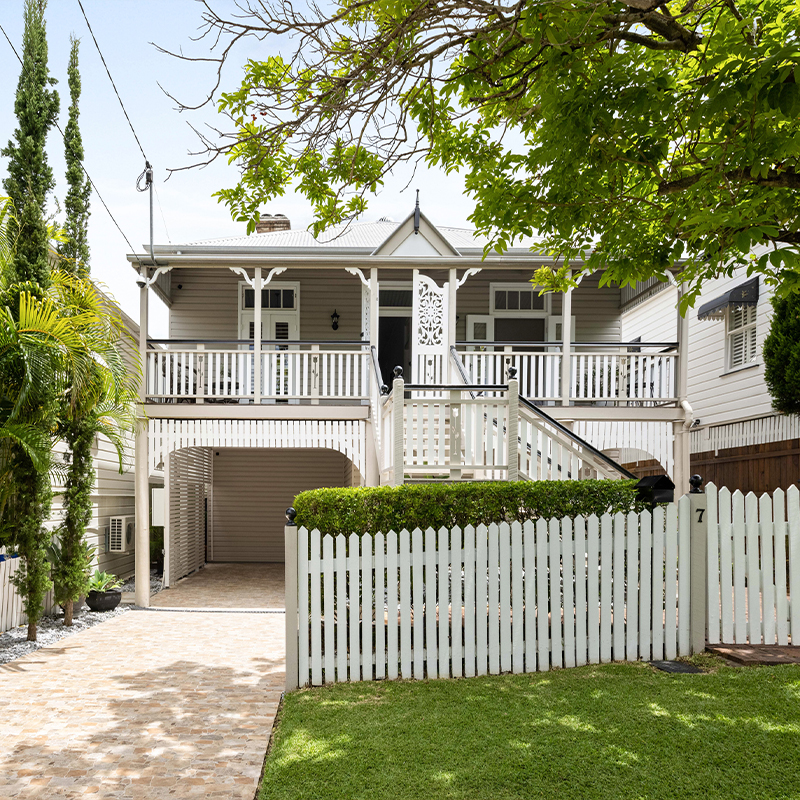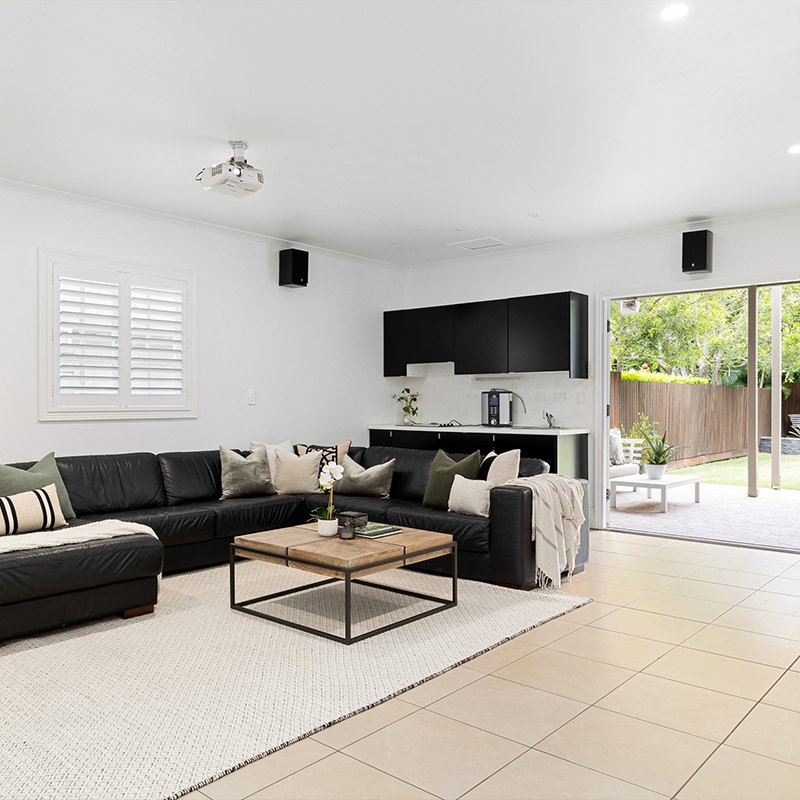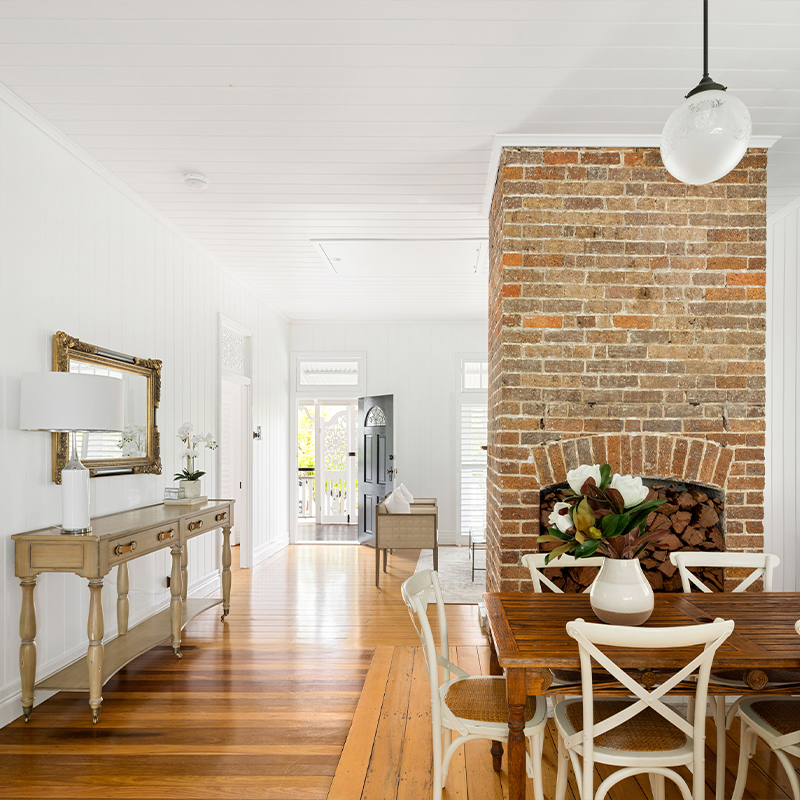property appraisal
Buying with Harcourts Pinnacle
Your wish list
Knowing your requirements early really helps us help you. Sometimes however, your circumstances and priorities can change. Often, we will check with you to ensure we remain on track.
Facts that help us in finding you the right property include:
- Suburb/s
- Price range
- Number of bedrooms
- Style of home
- Proximity to childcare/primary and secondary schools
- Garden size
- Drive on access and or garaging
- Special requirements e.g. no stairs


Your essentials
It is important that we know the absolute most important features you want in a property and will not compromise on. They may include:
- A separate office / study
- Sun aspect
- Security
- Garaging or mooring for a boat
- Low maintenance grounds
These requirements are unique to each buyer. Also give some thought to features you most definitely do not want in a property.
Searching for properties
Many buyers search the internet prior to viewing properties. You can use the Property Search function on this website for a comprehensive search facility which will provide you with property details and multiple photos of each property.
Loan Calculator
A loan calculator enables you to easily determine fortnightly or monthly repayments by entering the amount you wish to borrow, your deposit, preferred interest rate and term of the loan.


Inspecting properties
Your consultant will show you those properties that best fit your requirements. This will be at times to suit you and the owner of the property. You will be kept informed of all changes relating to the properties you have viewed and you will be advised of new properties as they come on the market. Talk to your consultant about how you want to receive new property information i.e. via email, text or phone call. Inspections of properties take time. We recommend you do not rush or disregard too quickly. Try not to judge a property from the outside only. Some properties have little or no street appeal, but have much to offer inside. An inspection will confirm your first impression or will pleasantly surprise you.
When the right property presents itself be prepared to make an offer. We will encourage you to do so as many people have found their perfect home and missed it because they didn’t take the opportunity when it as available to them.
Going to contract
When you are ready to write up a contract, the next step is to decide on the price you wish to offer the seller and under what conditions you wish to make the offer. Common conditions of sale are: subject to finance, a builder’s report, sale of another property, solicitor’s approval of the contract or specialist inspection or approval.
The seller can accept your offer, reject it or counter sign it. Counter signing usually occurs when the seller is not satisfied with the price offered and/or conditions included and subsequently alters them. The contract will be brought back to you for your consideration. If you accept, you initial the seller’s alteration and the property is under offer to you subject to any conditions that the contract may contain. Alternatively you also have the right to counter sign. Your sales consultant will continue negotiations between you and the seller until you are both in agreement.
This process generally does not occur when buying at auction.


Buying at auction
Buying at auction avoids the often prolonged waiting of the traditional offer/counter-offer negotiation process and uncertainty of what another buyer may be offering. During an auction bids for the property are called in an open arena on a given day and time. If your bid is accepted you’ll have the satisfaction of knowing you have purchased at true market value.
The dangers of offering too low
Once they find the property they wish to purchase many buyers are tempted to “start low” with their offer. We understand, but would not be giving you complete service if we did not warn you of what can happen.
- The seller could feel insulted, and become difficult to negotiate with from then on.
- The seller may think you are a bargain hunter “having a go” without serious intention to buy and dismiss your offer altogether.
If you are serious about purchasing the property it is wise to make a genuine offer that reflects your serious intentions and appreciation of the true value of the seller’s home.
Common conditions of sale
Along with the standard terms of the contract both buyers and sellers are able to insert further terms and conditions of sale. When writing in any special condition the key parts are who is going to do it; what are they going to do; when are they going to do it by; what standards will apply; what happens if it is not satisfied and who can waive it.
Once an inserted condition has been satisfied notice will be provided to the other party usually by the solicitors involved.
A condition can be either satisfied or waived. If you have inserted a condition but it has not been met by the required date you can choose to waive that condition. If the condition is neither satisfied nor waived then the agreement will be terminated and any deposit paid by you shall be immediately refunded.
Some common conditions of sale are:
- Conditional on sale of purchaser’s property
- Conditional on sale of purchaser’s property becoming unconditional
Inserting these clauses allows you to sell your property before purchasing. Use the appropriate clause to allow you time to sell your property or for an existing contract of sale to become unconditional in all respects.
- Conditional upon Finance
- Conditional upon obtaining Solicitor’s Approval of the Contract
- Conditional upon obtaining a Builder’s Report
Each of these conditions should be clearly worded and the dates for confirmation made clear.


Paying the deposit
Once all parties have signed the contract you will be asked to pay a deposit. This usually equates to 10% of the purchase price.
Property insurance
In some states of Australia you can be responsible for the insurance cover of the property you are buying from the first business day after the contract has been signed.
Harcourts can arrange a 30 day temporary cover to provide you with immediate, temporary insurance cover and “peace of mind”.
This service is complimentary and can save you hours spent researching the many insurance providers on the market today. Your Harcourts consultant can provide you with more information.
Have you arranged your finance?
You don’t need to wait until you’ve found a property before you arrange finance. It’s a good idea to find out first just how much you can borrow – that way you know what price bracket to start looking in and what level of repayments you’re comfortable with.
The problem that most people face today, however, is “which home loan is the right one for me?” There are so many options when it comes to banks, products, rates, terms and fees. With the purchase of such a large investment, you need to be confident that you have made the right financial choice.
Speak to a broker or your bank about your home loan options.


Property purchase costs
Financial fees vary greatly, depending on such matters as what percentage of the property value that you will be borrowing, the amount of the loan, the amount of the purchase and which bank you are borrowing funds from. If you speak to your Asset Rich Finance representative you can quickly ascertain approximate costs for your particular circumstances.
Possible expenses you may incur are:
- Bank fees which may include:
– Lender application fees, valuation fees, legal and settlement fees
– Lender monthly account keeping fees (if applicable)
– Lender “Professional Package” annual fees (if applicable)
– Lender’s Mortgage Insurance (if applicable)
– Lender retention account fees (if applicable)
– Title transfer, Mortgage registration fees
– Registration of mortgage discharge (refunded by seller at settlement)
– Solicitor’s charges may include legal searches (please consult your solicitor) - Stamp Duty on Purchase
- Home protection insurance
- Miscellaneous costs (Building /pest inspections, rates, removalists, etc.)
Completing the purchase
Before settlement your solicitor will undertake the necessary searches with respect to the property and your financier will prepare the mortgage documentation.
On settlement your solicitor will exchange with the seller’s solicitor:
- Monies
- Transfer documentation
- Keys to the property
Within a few days of settlement your solicitor or financier will register the necessary documentation and mortgage transfer with the Land Titles Registry.
Possession of the property usually takes place on the settlement day although the seller and buyer can agree for these dates to be different.

Download
YOUR GUIDE TO BUYING BY PRIVATE TREATY